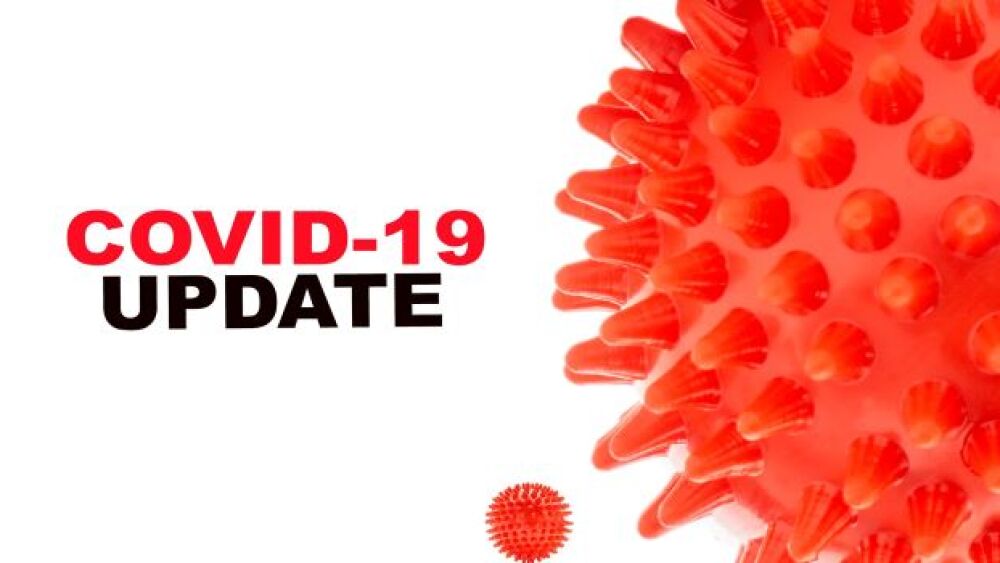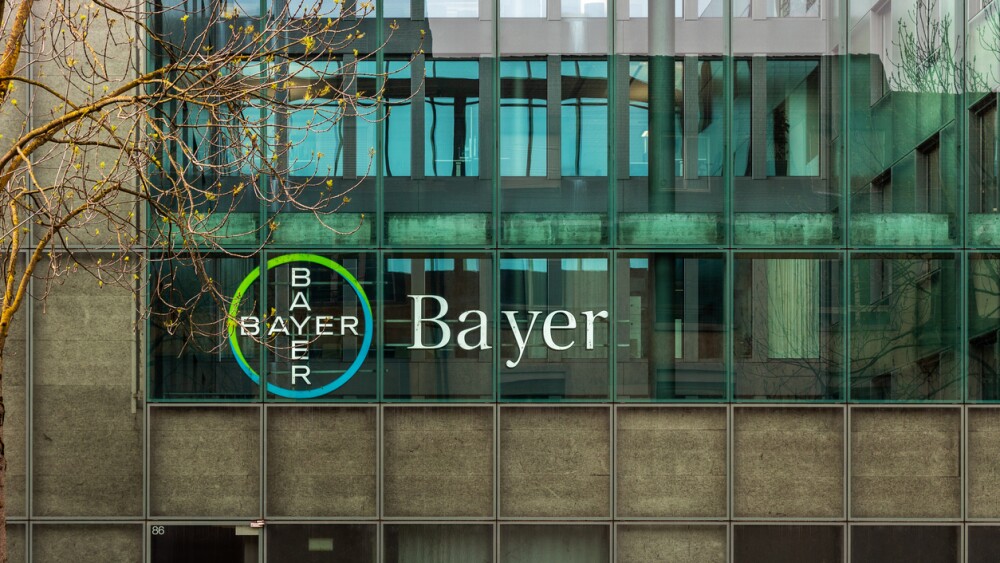Low-income countries still struggle to get first jabs into arms. Researchers and pharma companies continue to push for low-cost vaccines and drugs worldwide.
With the Omicron variant raging around the world, there’s been an increased emphasis on booster shots. Today, the U.S. Food and Drug Administration (FDA) authorized the Pfizer-BioNTech booster in kids 12 and up.
Wealthier countries in Europe and the U.S. seize every opportunity to vaccinate and offer booster shots—Israel is offering a fourth shot to vulnerable members of its population—but many low-income countries are still struggling to get first jabs into arms. Researchers and companies continue to push for low-cost vaccines and drugs worldwide. Here’s a look at those and other COVID-19 stories.
FDA Authorizes Pfizer-BioNTech Boosters for Kids 12 and Up
The FDA granted Emergency Use Authorization (EUA) to Pfizer and BioNTech for their COVID-19 vaccine booster shots in kids ages 12 and up. The booster shot is 30 micrograms, the same dosage approved for kids in the primary series. It was previously authorized as a booster in people 16 years and older and for people 18 and older who received other authorized COVID-19 vaccines.
Albert Bourla, Pfizer’s chairman and chief executive officer, stated, “The recent rise in COVID-19 cases is concerning to all and today’s decision by the FDA to further expand the Emergency Use Authorization of a booster dose of our vaccine is critical to help us ultimately defeat this pandemic. We continue to believe that broad use of boosters is essential to preserving a high level of protection against this disease and reducing the rate of hospitalizations.”
Texas Group is Offering Vaccine Tech to India for Free
Researchers at the Texas Children’s Hospital’s Center for Vaccine Development announced that the Indian government granted emergency authorization to a COVID-19 vaccine manufactured by Hyderabad-based Biological E. Peter Hotez of Texas Children’s Hospital and his collaborator Maria Elena Bottazzi developed the second-generation vaccine, which is licensed to Biological E via a commercialization team at Baylor College of Medicine in Houston. Baylor, which employs both Bottazzi and Hotez, will receive a fee, but neither researcher will receive any money from the product. The vaccine is called Corbevax and is being shared patent-free.
Hotez and Bottazzi are also in talks with other manufacturers and the World Health Organization to try and share the vaccine worldwide. The vaccine requires older recombinant protein technology that drug companies already have experience with.
The two researchers developed their product with little help from the U.S. government. They leveraged $7 million mainly from private investors, such as Austin-based Tito’s Vodka, which donated $1 million in May 2020.
Relatively small Phase III trials of the vaccine have been completed in more than 3,000 people in India. One indicated the vaccine was more than 80% effective against symptomatic disease, but not all the data has been released.
The vaccine, however, has its critics. Joseph Osmundson, Ph.D., a New York University virologist, criticized the lack of public data, saying, “It’s health care for lower- and middle-income countries that we would never accept here.”
James Krellenstein, co-founder of PrEP4All, pointed out that although Texas Children’s Hospital doesn’t have a financial interest in the vaccine, Biological E does. “Maybe this vaccine will be great. Maybe it won’t,” he told The Washington Post. “But science, especially when it involves public health, is based on objective analysis of open data, not trusting the word of a vaccine manufacturer with a vested interest in the underlying product.”
Hotez pointed out that Biological E is not a large company. “They’ve assured us they’re working on getting that [data] out as fast as possible. Remember, it’s a smaller company. They’re not one of the big multinationals.”
Humanigen Released Data on Controlling Cytokine Storm
Humanigen made an analysis of its lenzilumab for COVID-19 available on the preprint server medRxiv, describing CRP levels in treating the cytokine storm in COVID-19. Cytokine storm or cytokine release syndrome (CRS) is a hyper-immune response that can often be deadly. The drug, lenzilumab, is primarily being developed to help control CRS in immuno-oncology therapies. Granulocyte-macrophage colony-stimulating factor (GM-CSF) is an early upstream effector of the CRS after COVID-19 infection and activates and expands inflammatory myeloid cells. CRP levels typically increase, driven by increased myeloid cells cytokines derived downstream. The data suggest that a biomarker approach using baseline CRP levels may help improve outcomes in hospitalized COVID-19 patients.
Celltrion’s Antibody Cocktail Shows Effectiveness Against Omicron
Celltrion Group announced Phase I results from its antibody cocktail of Regkirona and CT-P63. One Phase I study tested CT-P63 in 24 healthy participants in Poland. The trial hit the primary objective of safety and tolerability. It also demonstrated strong neutralizing activity against the Omicron variant. CT-P63 is a monoclonal antibody that targets the SARS-CoV-2 spike receptor-binding domain (RBD) and comes in a nebulized formulation. A second drug being investigated is CT-P59 (regdanvimab), which in studies has been shown to strongly bind to RBD and neutralize the wild type and mutant variations of concern. In in vivo models, it has effectively decreased the viral load of SARS-COV-2 and lung inflammation. Regkirona is given intravenously.
“The positive results demonstrate the potential of our cocktail therapy to retain neutralizing ability against the Omicron variant,” said HoUng Kim, Ph.D., Head of Medical and Marketing Division at Celltrion Healthcare. “We are confident that our antibody platform including Regkirona and Ct-P63 will provide significant benefit for patients with COVID-19.”
U.K. Authorizes Pfizer’s Paxlovid for COVID-19
On December 22, 2021, the U.S. Food and Drug Administration (FDA) authorized Pfizer’s antiviral Paxlovid (nirmatrelvir and ritonavir) for mild to moderate COVID-19 in adults and pediatric patients 12 years of age and older who have positive test results and who are at high risk for progression to severe COVID-19, including hospitalization or death. It is the first at-home treatment. Now the drug has been approved in the U.K. by the Medicines and Healthcare products Regulatory Agency (MHRA), which found Paxlovid “to be safe and effective at reducing the risk of hospitalization and death in people with mild to moderate COVID-19 infection, who are at an increased risk of developing severe disease.” It is more effective taken early, usually within five days of first symptoms. In the U.K., it is approved for patients 18 and older with at least one risk factor, including obesity, diabetes, or being over the age of 60.
The MHRA emphasized that Paxlovid was “not a substitute for vaccination,” noting that vaccines and boosters are the best way to avoid ending up in the hospital with COVID-19. The drug has demonstrated almost 90% efficacy in preventing hospitalization and death in high-risk patients, including against Omicron.
Bharat Biotech Relabels Old Vaccine Stock to Extend Shelf Life
India’s drug regulatory agency, the Central Drugs Standard Control Organisation (CDSCO), granted a shelf-life extension to Bharat Biotech’s COVID-19 vaccine, Covaxin, from 9 to 12 months. As the country begins vaccinating teenagers with the only vaccine authorized in the country for the said age group, the company has begun relabeling the product. The shelf-life extension was based on additional stability data submitted to CDSCO.
A company source stated, “The company, after receiving the approval from the regulator on the extension of shelf life to 12 months, has already begun lifting the unused stock from private hospitals a few weeks ago at its own expense for re-labelling. It will also conduct testing and inspection before re-labeling.”
Ascletis Expands Production of Oral Antiviral Ritonavir
Ascletis Pharma increased the production capacity of its oral antiviral against COVID-19, ritonavir. It plans to produce 100 million tablets per year and has excess production capability if necessary. It owns the authorized ritonavir oral tablet in China, which China’s regulatory agency approved in September 2021.
“At the beginning of COVID-19 in 2020, based on its antiviral platform and R&D experience, the Company made the firm and rapid decision to invest in oral direct-acting antivirals R&D against RdRp and 3CLpro of SARS-CoV-2,” stated Dr. Jinzi Wu, Chairman, founder and chief executive officer of Ascletis. “Meanwhile, the Company accelerated the development effort to obtain the approval of ritonavir oral tablets in China and successfully achieved the authorization by China NMPA for ritonavir oral tablets.”





